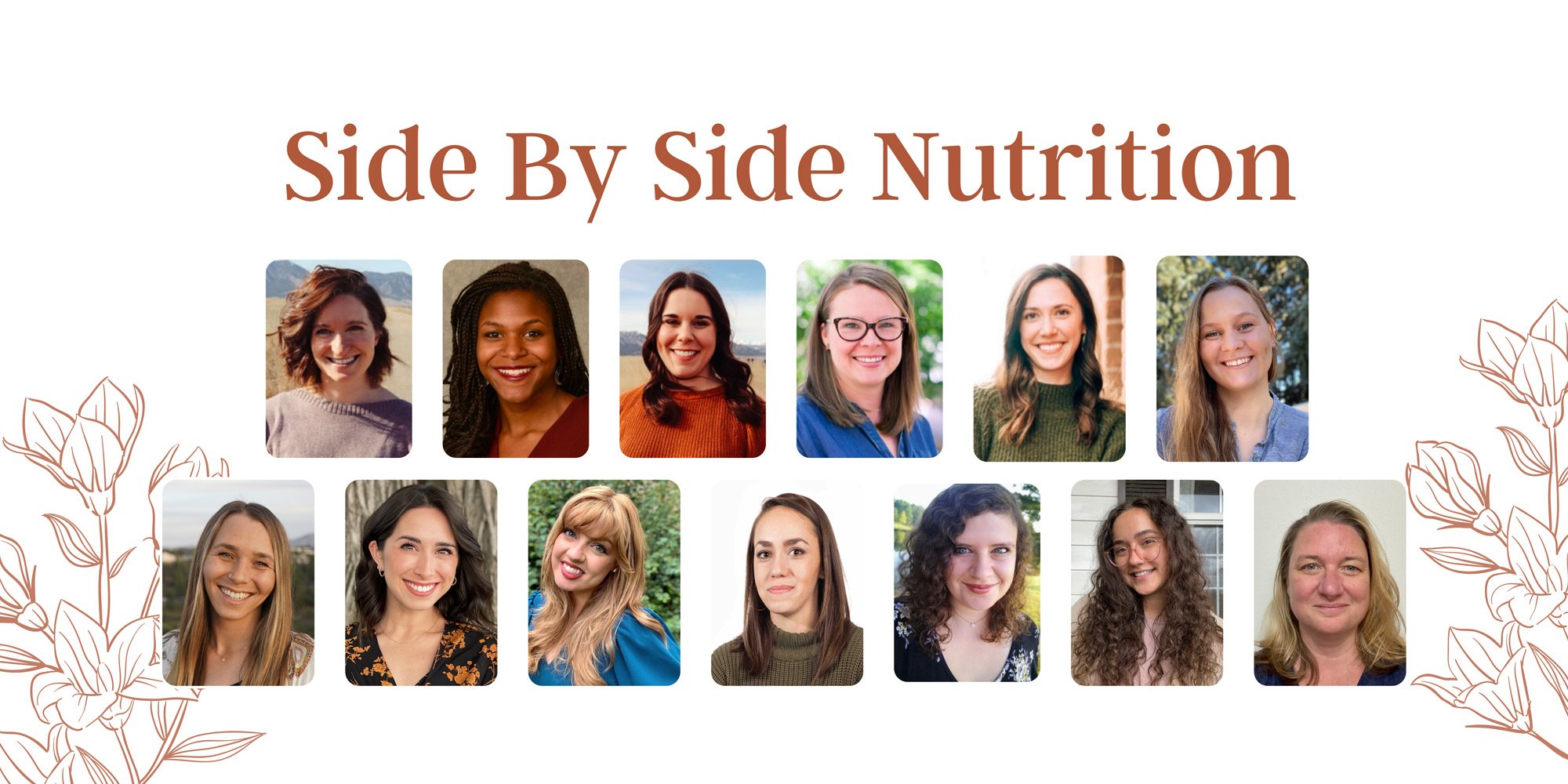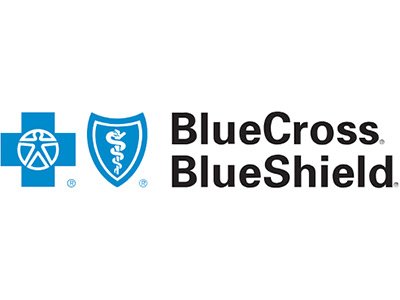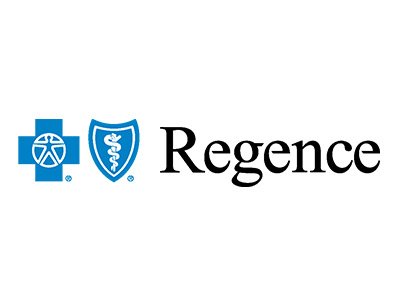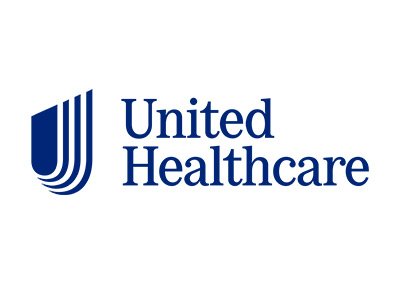OCD & Anorexia Treatment with Dietitians in Colorado and Washington:
At Side By Side Nutrition, our certified dietitians offer personalized medical nutrition therapy and one-on-one nutrition counseling tailored specifically for individuals dealing with both OCD and Anorexia.
Getting outpatient treatment from dietitians who understand how to work with patients with co-occurring OCD and eating disorders is critical. The relationship between the two disorders is complex.
Our approach is grounded in a holistic philosophy that prioritizes behaviors, and overall well-being, fostering a positive relationship with food and our bodies, and practicing self-compassion rather than fixating on numbers. This philosophy forms the foundation of values-aligned, intuitive, sustainable health and well-being. Our focus lies in assisting clients in cultivating a sustainable, empathetic, respectful, and trusting connection with food, body image, and self.
Operating from locations in Colorado Springs and Fort Collins, Colorado, as well as Woodinville, Washington, our services extend to patients from across the state and country through in-person and online nutrition counseling.
























Recent “graduate” from Side by Side Nutrition. I started working with SBSN to figure out how food worked after having an eating disorder for years. And I’m so happy I got so much more than that! SBSN introduced me to Self-Compassion and met me with an approach that never included shaming me. I looked forward to our sessions every week, even if I hadn’t done any of my work, because I knew she’d be understanding and work with me to figure out what I needed to make it happen. And none of that compassion and presence was lost when we had to switch to telehealth. When I started, I didn’t think healing from an eating disorder was possible. And I never in my wildest dreams imagined that I’d come out of it with an unshakable love for my body (certainly not a plus size body with chronic illness)! I’m so glad circumstances sent me here because I know I wouldn’t have gotten to this place with my previous dietician! I am STRONG, I am CONFIDENT, and I am in LOVE with myself! Thank you so much for helping me on my journey here! It wasn’t easy, but it was so worth it!
— Michaela Myers